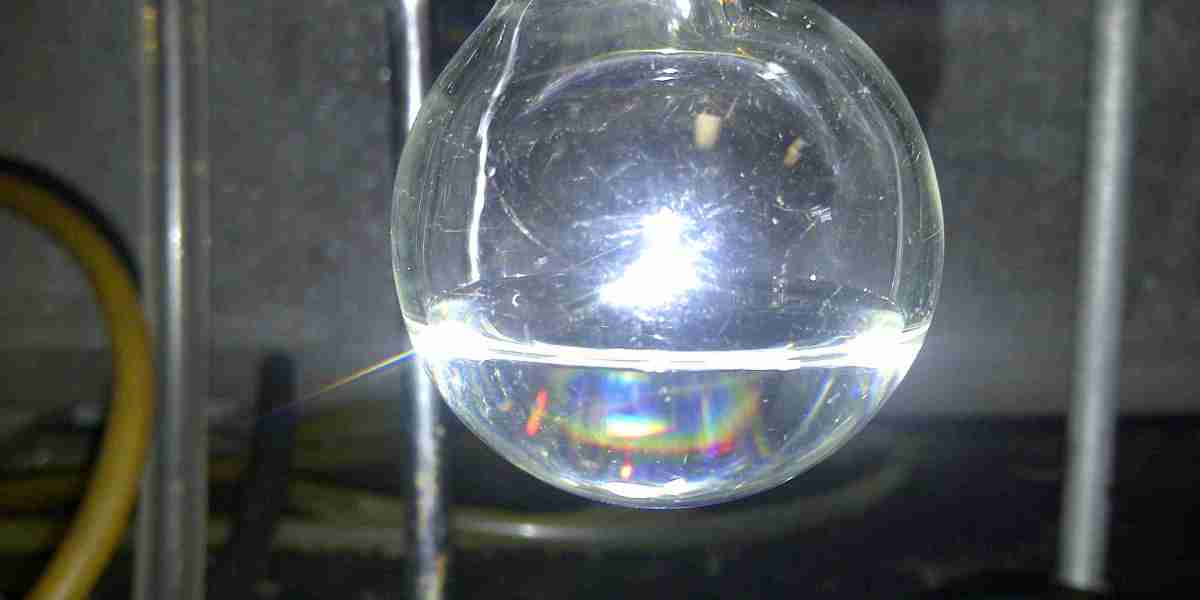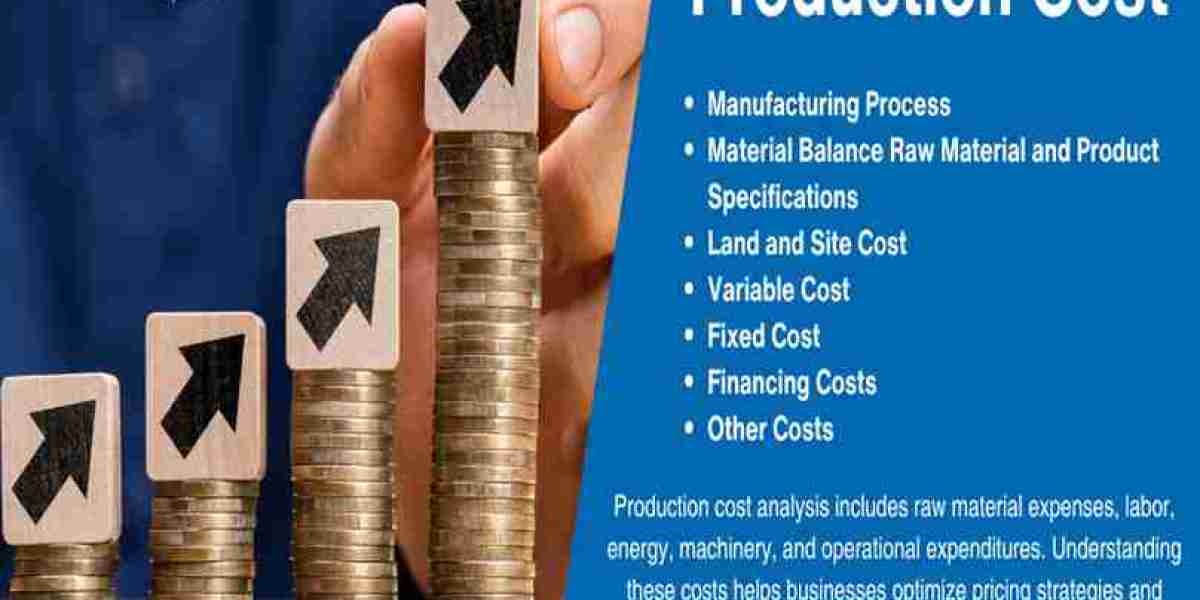Introduction
As the global demand for compact, long-lasting, and high-energy-density batteries increases, lithium-thionyl chloride (Li-SOCl₂) batteries have emerged as a vital power source in various applications. These batteries rely heavily on thionyl chloride as an electrolyte solvent and cathode material, making this segment one of the most significant drivers of the Thionyl Chloride Market in recent years. From industrial automation and remote monitoring to defense and medical devices, the unique properties of Li-SOCl₂ batteries are fueling a sharp rise in thionyl chloride consumption globally.
Lithium-Thionyl Chloride Battery: A Technological Overview
Lithium-thionyl chloride batteries are primary (non-rechargeable) cells known for their:
High energy density (up to 1420 Wh/kg)
Wide temperature range (-55°C to +85°C)
Long shelf life (up to 20 years)
Low self-discharge rate (less than 1% per year)
High operating voltage (3.6V nominal)
These characteristics make them ideal for low-power, long-term devices where maintenance is difficult or impractical.
Applications Driving Demand
1. Internet of Things (IoT) Devices
Li-SOCl₂ batteries power a wide array of IoT applications, including:
Smart meters (water, electricity, gas)
Remote sensors in oil and gas fields
Wireless alarm and security systems
Asset tracking devices
Smart parking and waste management systems
With IoT adoption expanding globally, the Thionyl Chloride Market benefits directly from increased battery production.
2. Military and Aerospace
Due to their reliability in extreme temperatures and remote conditions, these batteries are used in:
Surveillance equipment
Night vision goggles
Emergency locator transmitters
Military-grade GPS systems
Defense investments in autonomous and battery-reliant devices contribute to growing thionyl chloride demand.
3. Medical Devices
Medical instruments such as:
Implantable cardiac monitors
Drug delivery pumps
Portable diagnostic equipment
rely on Li-SOCl₂ batteries, necessitating high-purity thionyl chloride for safe, consistent battery performance.
4. Industrial Automation
Factories and warehouses use automated systems that require long-lasting batteries for:
Remote terminal units
Wireless communication tools
Programmable logic controllers (PLCs)
As industrial automation expands, so does demand for lithium-thionyl chloride batteries.
Impact on the Thionyl Chloride Market
The growth of the lithium-thionyl chloride battery segment is influencing the Thionyl Chloride Market in multiple ways:
1. Rising Volume Requirements
Battery manufacturers are scaling up production, resulting in greater bulk procurement of thionyl chloride as a critical input.
2. Purity Standards
Battery-grade thionyl chloride requires ultra-high purity to prevent electrolyte degradation. This has led to a demand shift toward specialized producers capable of meeting strict quality requirements.
3. Regional Production Shifts
Asia-Pacific, particularly China, dominates both Li-SOCl₂ battery and thionyl chloride production. However, countries like the U.S., Germany, and Japan are investing in domestic production to reduce dependence on imports.
4. Technological Investments
Battery producers are partnering with chemical manufacturers to develop new formulations and improve electrolyte stability, further integrating thionyl chloride into battery R&D efforts.
Market Challenges
Despite the booming demand, the integration of thionyl chloride in battery manufacturing is not without obstacles:
1. Safety Concerns
Thionyl chloride is highly reactive and toxic. Improper handling during battery production or disposal can result in environmental hazards and worker safety issues.
2. Environmental Regulations
Countries are increasingly implementing regulations on the handling, transport, and disposal of thionyl chloride, which may increase production costs and complicate logistics.
3. Supply Chain Risks
As geopolitical tensions and raw material shortages affect chemical supply chains, securing consistent thionyl chloride supply for battery manufacturing remains a key risk.
Market Trends and Forecast
1. Battery-as-a-Service Models
Companies offering remote sensing and monitoring services increasingly prefer embedded Li-SOCl₂ battery solutions, creating continuous demand for battery-grade thionyl chloride.
2. Miniaturization of Devices
As sensors and devices become smaller and more efficient, demand for compact batteries with high energy density is growing—further fueling the Thionyl Chloride Market.
3. Investment in Smart Cities
Smart infrastructure—such as connected transportation, energy grids, and public services—requires billions of sensors and communication nodes, many of which rely on Li-SOCl₂ batteries.
4. R&D in Hybrid Chemistries
Researchers are exploring hybrid batteries using thionyl chloride in combination with other materials to enhance performance and cost-efficiency.
Regional Highlights
China: Dominates both battery and thionyl chloride production, supported by strong government incentives.
United States: Investing in domestic energy storage technology to reduce dependency on imports.
Europe: Focused on environmentally sustainable battery solutions; high demand for battery-grade thionyl chloride with stringent purity requirements.
Conclusion
The rapid expansion of lithium-thionyl chloride battery production is a significant force behind the rising consumption of thionyl chloride globally. As industries increasingly depend on long-lasting, maintenance-free power sources, the Thionyl Chloride Market is set to witness consistent and robust growth. From smart technologies and military devices to remote industrial equipment, the fusion of thionyl chloride chemistry and energy storage innovation is shaping the future of both markets. Ensuring secure supply




